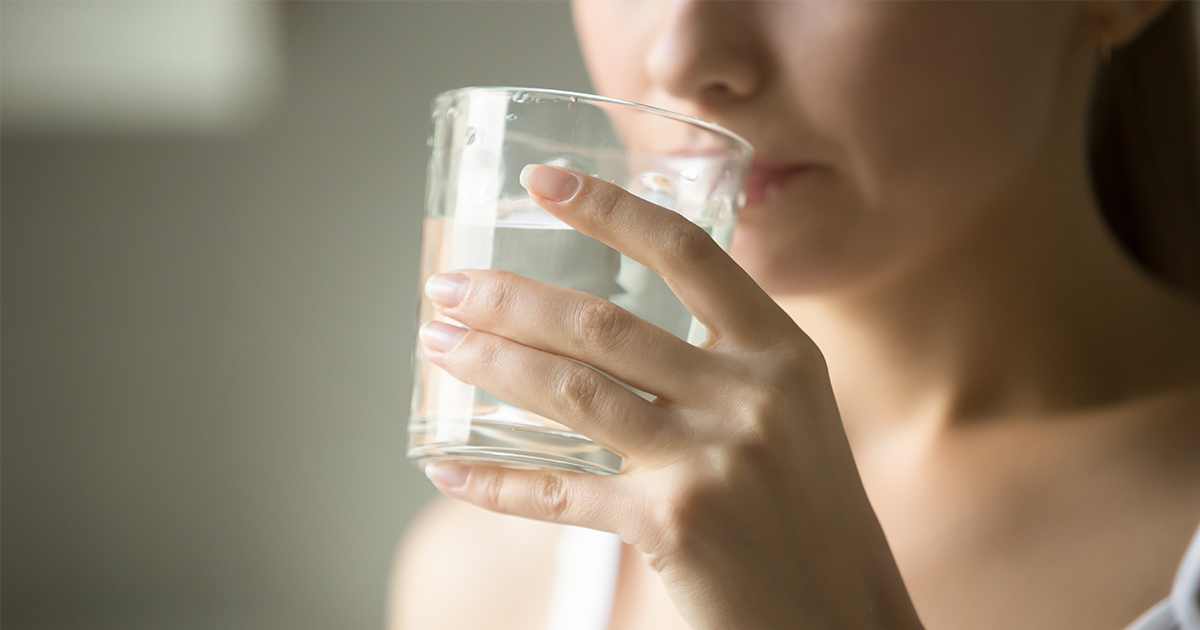Count Your Water Intake Wisely

Water is essential for our body to function. But the common advice of drinking 8 glasses of water daily may not suit everyone. Daily water needs are based on age, weather, exercise intensity, body condition, etc. When it comes to people with chronic kidney problems, some of them may need to restrict the amount of water intake. Blindly following the common advice may not be wise.
People in the early stage of chronic kidney problems (Stage 1 -2) can drink around 64 oz. of water daily, which is about 8 glasses per day. Drinking enough water helps keep their kidneys hydrated and function properly.
Once it reaches Stage 3 -5 (not on dialysis), there is a chance people need to be careful how much fluid they are consuming every day. Healthcare providers will give advice based on each person’s body condition. In these stages, people may experience swelling. Talk to doctors immediately if signs such as swelling in feet and ankles or difficulty breathing when walking short distances appear.
When dialysis is introduced, the general recommendation is 32 oz. per day. If there is still urination, people can drink up to 32 oz. plus the volume equal to the urination amount in 24 hours. Same as above, healthcare providers will advise how much fluid is acceptable to consume daily. As the urine output may decrease over time, people on dialysis will need to measure their urine output regularly.
A stricter fluid restriction plan is required as chronic kidney problems progress to a more advanced stage. Therefore, it is crucial to count the amount correctly. Don’t forget any food that turns to liquid form at room temperature should be considered fluid. Examples are:
- Ice
- Ice cream, sorbet, popsicles, etc.
- Pudding, jelly, and gelatine products and their substitutes.
- Soups, stews
- All beverages (water, soda, tea, coffee, milk, etc.)
Fruits high in water content, like watermelon and grapes, do not count in the daily fluid amount. However, people still need to be mindful of the serving portion of these fruits if they are on fluid restriction.
- * All research and clinical data should be used as reference purposes only, results may vary.




